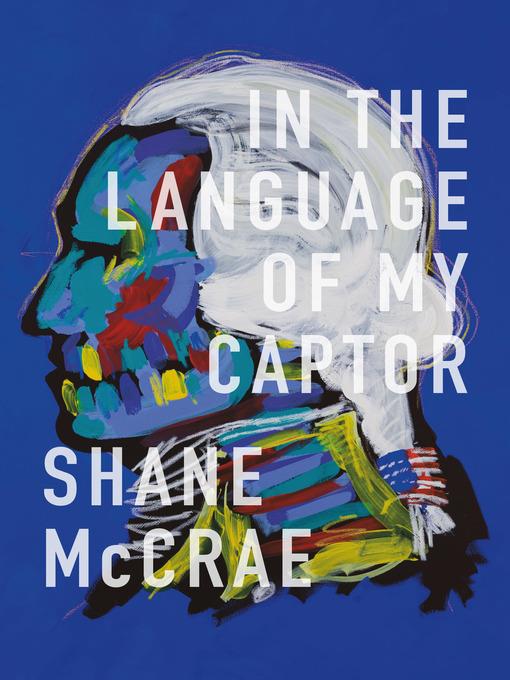
In the Language of My Captor
کتاب های مرتبط
- اطلاعات
- نقد و بررسی
- دیدگاه کاربران
نقد و بررسی

March 6, 2017
McCrae (The Animal Too Big to Kill) continues his confrontations with American racism in his superb, if occasionally long-winded, fifth collection. He splits the text into four sections of lyric poems, with the second featuring a prose “memoir” series. Within the memoir persona, McCrae intersperses poems that use Confederate president Jefferson Davis and his adopted mixed-race son, Jim Limber, to explore the complications of losing one’s own racial identity within a family dynamic: “My Daddy’s white so I don’t get his face.” Much of McCrae’s work here wrangles with being trapped in a history where one is treated inhumanely and with constant suspicion, with those feelings reflected—or projected—back on those responsible for that treatment. “Whether you’re here/ to see me or to see the monkeys// You’re here to see yourselves,” he writes. As McCrae makes clear, having to constantly negotiate the boundaries of one’s otherness leads to an internal tug of war: “Listen I do a thing to piss a white man off// I’m bound to that man’s will hell/ I’m bound to that man’s pleasure/ He got me on a level where he doesn’t even have to think/ And all I do is think about him.” With a raw honesty, McCrae refuses to shy away from the effects of oppression and faces up to those not willing to acknowledge their part in a history many want to forget.

April 15, 2017
In his award-winning The Animal Too Big To Kill, McCrae explored the conundrum of being a half-black man raised by white supremacists, and his new work again confronts the crosscurrents of race and history. Whether he's presenting a black man exhibited behind bars who's wiser than the desperate white zookeeper, a mulatto boy adopted by Jefferson Davis, or acclaimed performer Banjo Yes, who reflects angrily on how white culture shaped his life and career, McCrae delivers sharp scenarios and cool, forthright language. The core concern is freedom: says Banjo, "you think it's/ making decisions other folks won't like/ Listen I do a thing to piss a white man off// I'm bound to that man's will." VERDICT Unsettling and approachable for a wide audience.
Copyright 2017 Library Journal, LLC Used with permission.

























دیدگاه کاربران